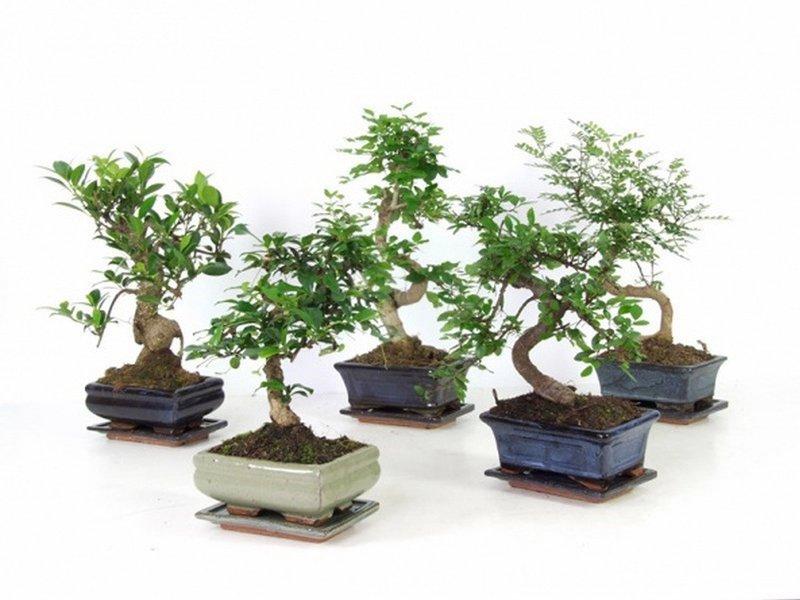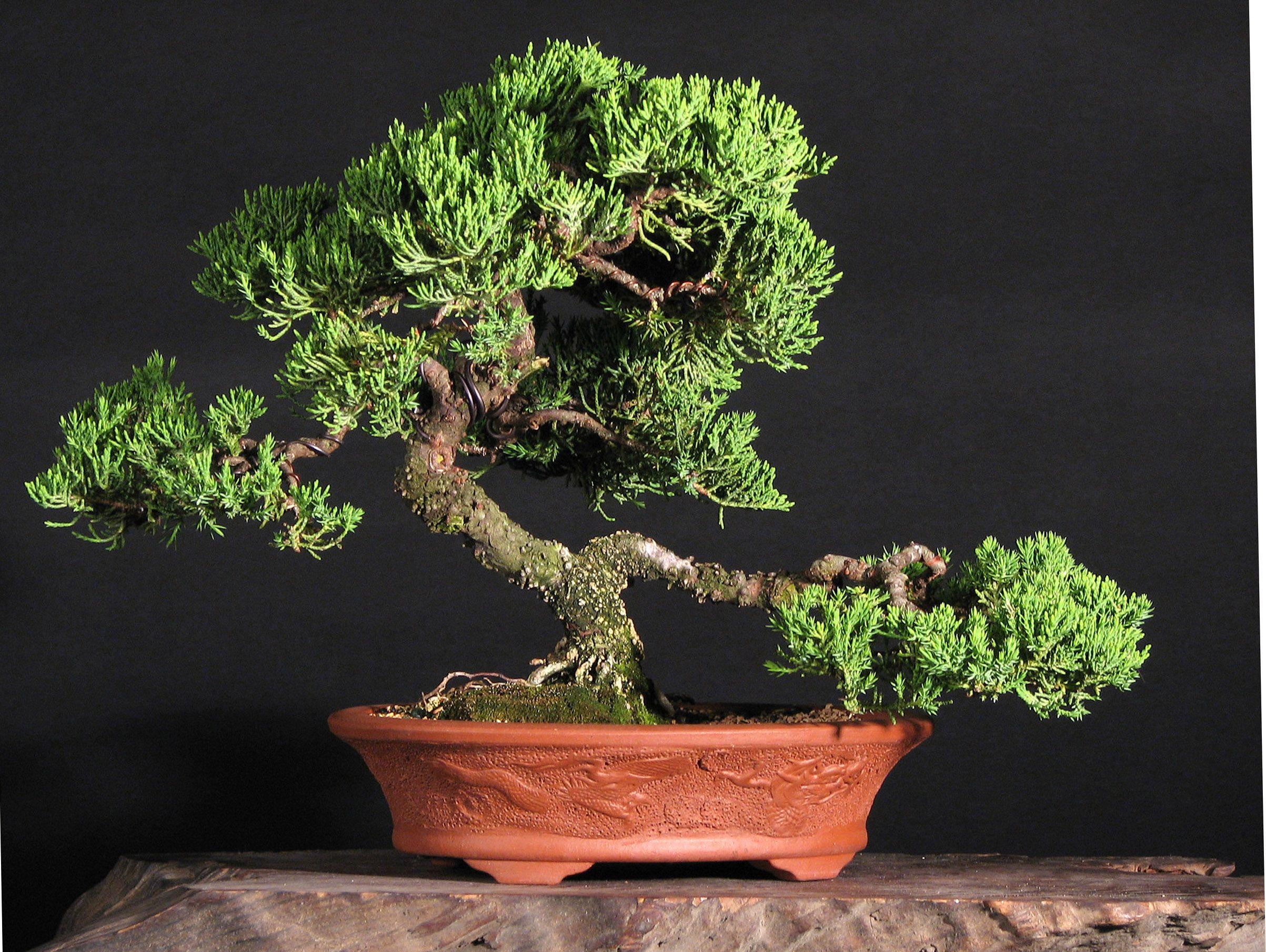-
NEUIGKEITEN
- EXPLORE
-
Blogs
Bonsai Market Competitive Positioning: Analyzing the Leaders and Emerging Players

The bonsai market, a niche yet flourishing segment of the global horticulture industry, continues to capture the interest of gardening enthusiasts and collectors worldwide. Originating in Japan, bonsai trees have gained significant cultural and aesthetic value, and today, they hold a unique position in the landscape of decorative plants. This article explores the competitive positioning of key players in the bonsai market, focusing on both established leaders and emerging participants, as well as the trends shaping the sector's future.
Market Landscape and Growth Potential
The global bonsai market has experienced steady growth, driven by increasing interest in indoor gardening, sustainability trends, and the rising popularity of personalized home décor. The global appreciation for the art of bonsai, coupled with the desire for mindful, stress-relieving hobbies, has spurred demand for high-quality bonsai plants, tools, and accessories. As of recent reports, the market is expected to continue expanding as new generations of consumers are introduced to bonsai cultivation through digital platforms, gardening workshops, and plant shops.
Established Market Leaders
Several key players dominate the bonsai market, each leveraging its brand reputation and market presence to maintain leadership positions. Among these, well-established bonsai nurseries and plant suppliers from countries with a deep-rooted bonsai tradition, such as Japan, China, and the United States, are at the forefront. Notable leaders include:
Bonsai Mirai – Based in the United States, Bonsai Mirai is a renowned bonsai nursery and educational platform that has earned a reputation for producing high-quality bonsai specimens. The company stands out for its focus on both retail sales and educational content, with a significant online presence that extends its reach to enthusiasts across the globe.
The Bonsai Outlet – Operating primarily in North America, The Bonsai Outlet is known for offering a wide variety of bonsai species, tools, and accessories. With a focus on accessibility, the outlet caters to both beginners and experienced bonsai growers, making the art form approachable for all.
Shunka-en Bonsai Museum – Located in Japan, Shunka-en is recognized as one of the premier bonsai nurseries in the world, offering a vast collection of meticulously cared-for bonsai trees. The museum also serves as a cultural institution, educating visitors on the traditional art of bonsai while selling a select number of trees for collectors.
These leaders have succeeded through strong distribution networks, extensive customer education, and maintaining a robust online presence. By emphasizing quality, authenticity, and craftsmanship, they have created loyal customer bases in competitive markets.
Emerging Players and Market Disruption
While traditional bonsai companies continue to dominate, the rise of new, innovative players is reshaping the competitive landscape. Emerging brands are introducing fresh concepts, tapping into niche segments, and leveraging the power of social media to engage with a younger, more diverse audience. Key trends that are being capitalized upon by these emerging players include:
Sustainability and Eco-Friendly Practices – With increasing consumer demand for environmentally conscious products, new bonsai companies are positioning themselves as sustainable alternatives by offering organic soil, biodegradable pots, and locally sourced materials. This eco-conscious approach has gained significant traction, especially among millennials and Gen Z consumers.
Online Platforms and E-Commerce – The digital transformation has allowed smaller bonsai brands to reach global customers more easily. E-commerce platforms such as Etsy, Amazon, and niche online bonsai retailers have empowered new players to reach international markets without the need for large-scale operations. These platforms are also fostering a community-based approach where bonsai enthusiasts can share tips, advice, and experiences.
Customization and Personalization – Emerging companies are tapping into the growing trend of personalized and customized bonsai offerings. By allowing customers to select specific trees based on their preferences or even create custom bonsai arrangements, these brands are providing unique and tailored experiences.
Future Outlook
The competitive positioning of players in the bonsai market will likely continue to evolve, driven by factors such as product innovation, sustainability, and digital engagement. As consumer preferences shift toward eco-friendly and customizable products, the market is expected to see further diversification. Both established leaders and emerging players will need to adapt to these changes to maintain their relevance and capitalize on the growing interest in bonsai as an art form and hobby.
In conclusion, while the bonsai market remains dominated by a few major players with deep industry expertise, emerging brands are rapidly carving out their own space. By embracing new trends and innovative strategies, these newcomers are redefining the way bonsai trees are perceived and enjoyed around the world. As the market matures, competition will likely intensify, but those who can adapt to consumer demands and foster authentic, engaging experiences will stand out in this unique and expanding market.






